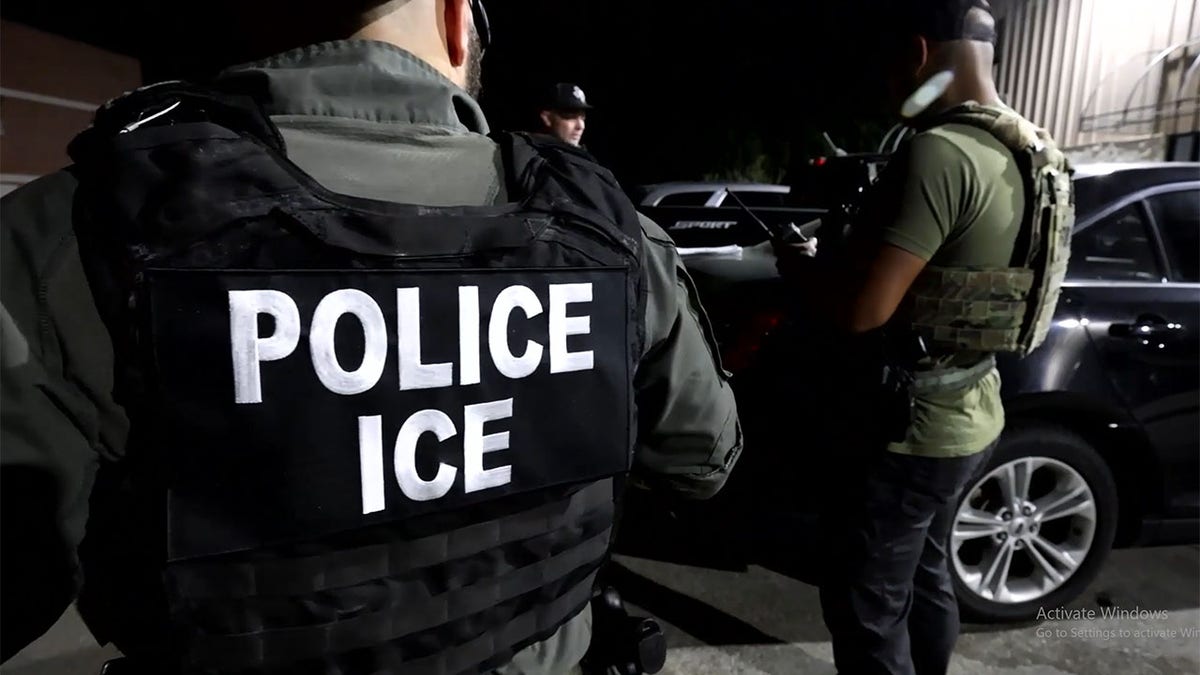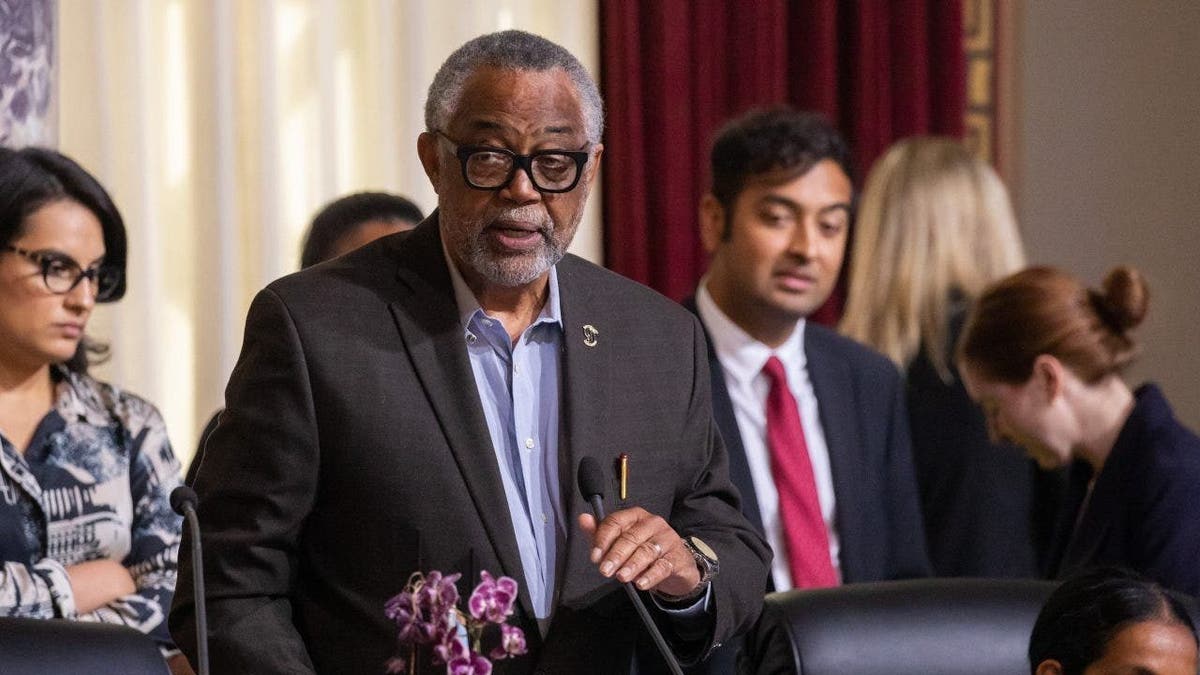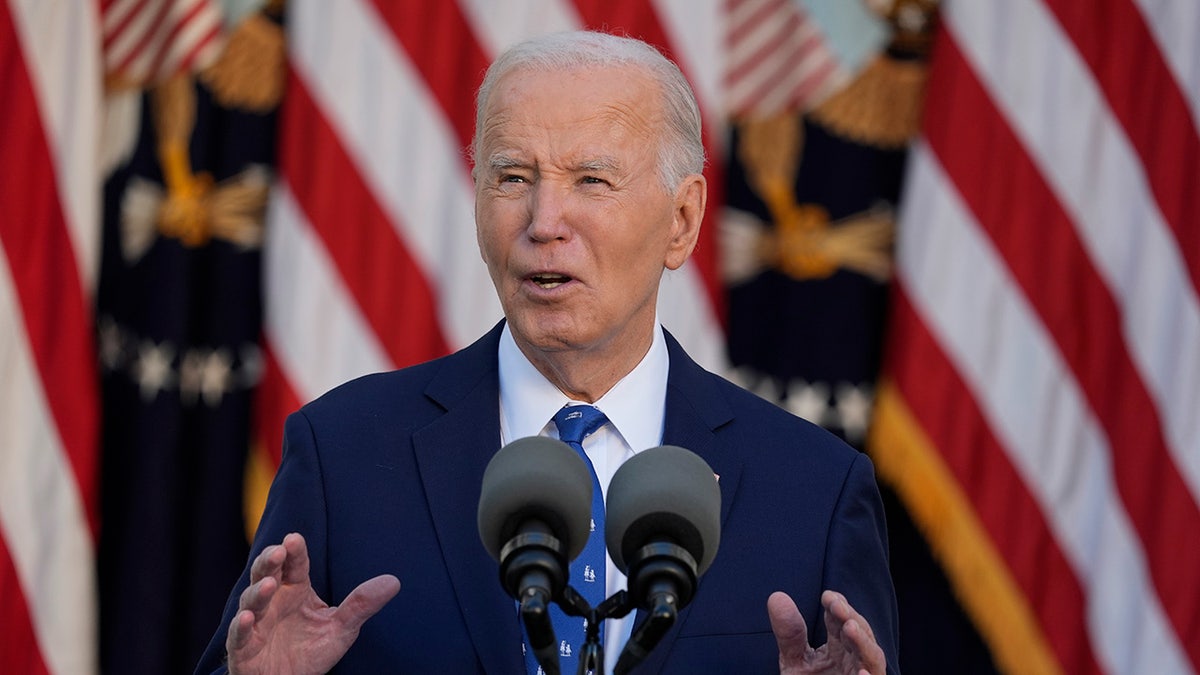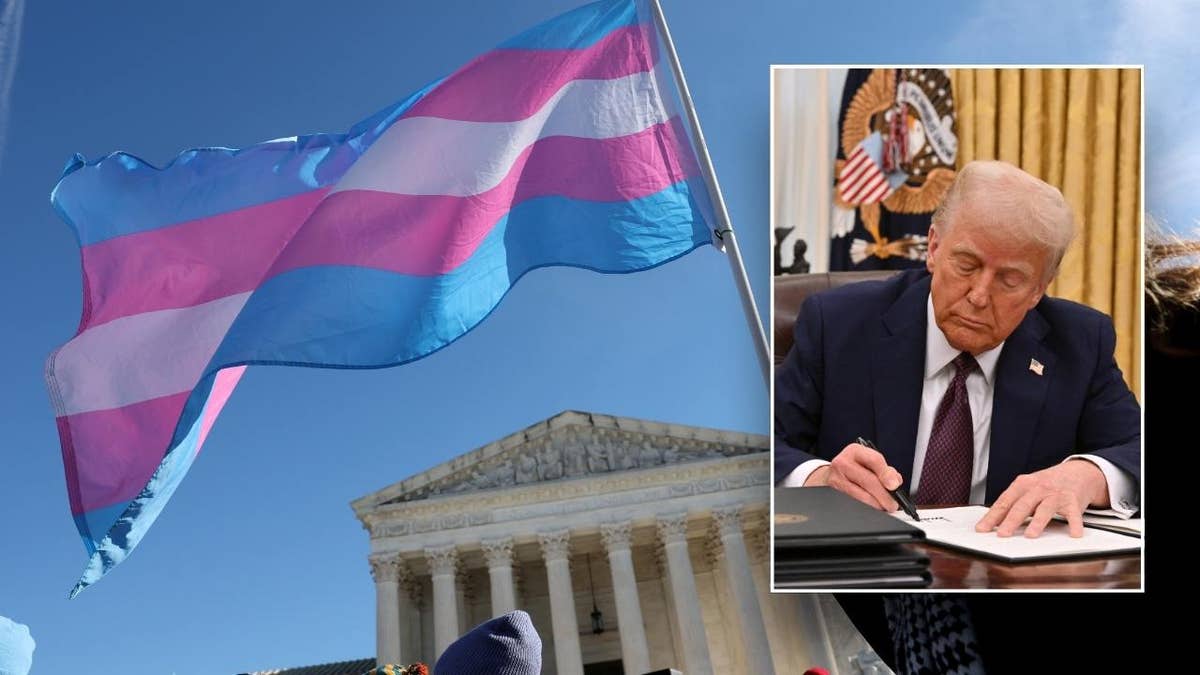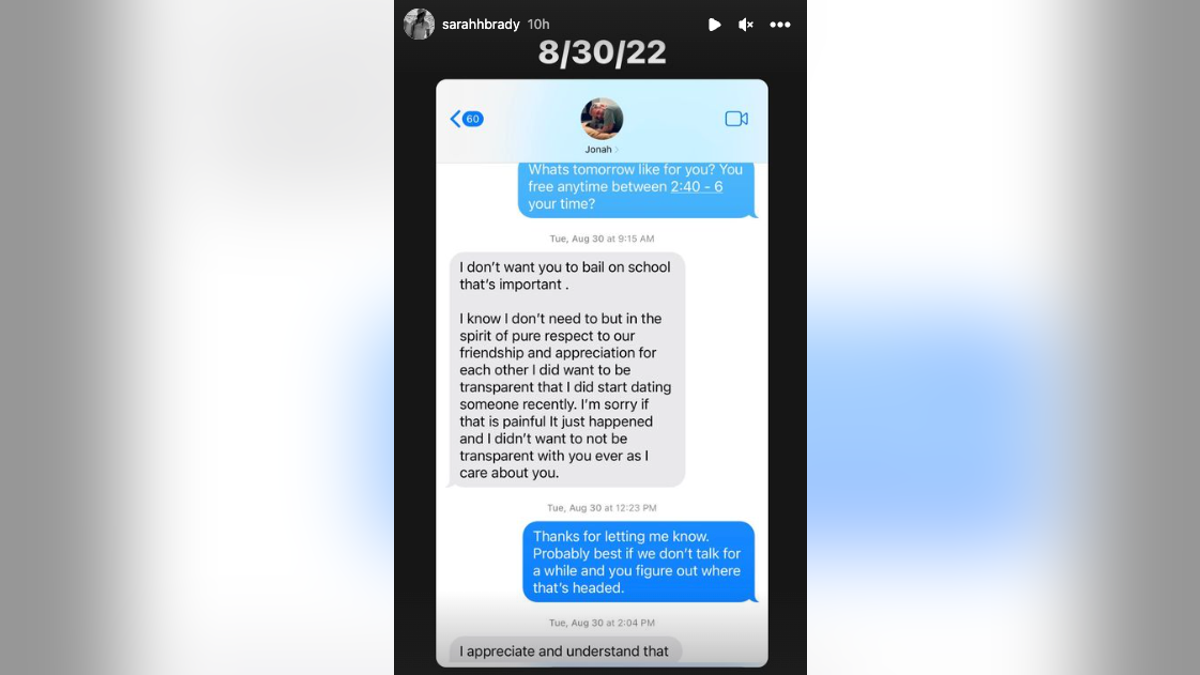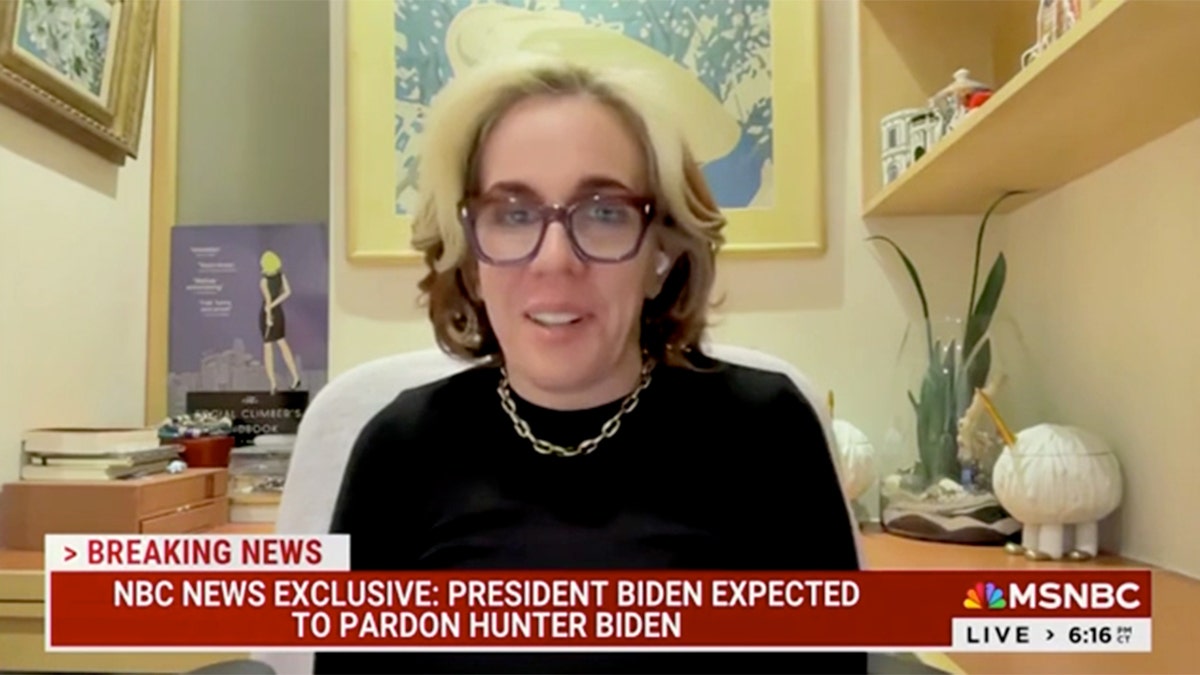Several advocacy organizations and a lawyer specializing in sexual assault survivor support have initiated legal action against Idaho, contesting a recently implemented law that criminalizes assisting minors in obtaining abortions without parental consent. This law, effective since May, adds another layer to Idaho's existing comprehensive abortion ban. Referred to as a "travel ban" by advocacy groups and an "abortion trafficking ban" by its proponents, the legislation aims to prevent minors from accessing abortions in states where the procedure remains legal, even without parental approval. Violation of this law carries a felony charge, with a potential prison sentence ranging from two to five years.
The lawsuit, filed in federal court, alleges that the law's vague language infringes upon First Amendment rights to discuss abortion with minors and Fourth Amendment rights to interstate travel. The plaintiffs argue that the law disregards situations where a minor might seek an abortion due to parental abuse, human trafficking, or after consulting with trusted adults. They emphasize the importance of allowing minors access to necessary care, even across state lines.
Idaho Attorney General Raul Labrador's office, while declining to comment on the pending case, affirmed its commitment to defending the state's legislation. Labrador has previously stated his authority to pursue charges even if local prosecutors decline to do so.
The lawsuit characterizes Idaho's abortion laws as excessively restrictive and criticizes the "travel ban" for its ambiguous wording, asserting that it impedes the right to discuss and financially support a minor's abortion. The plaintiffs express concern over the law's chilling effect on their ability to provide assistance without fear of prosecution.
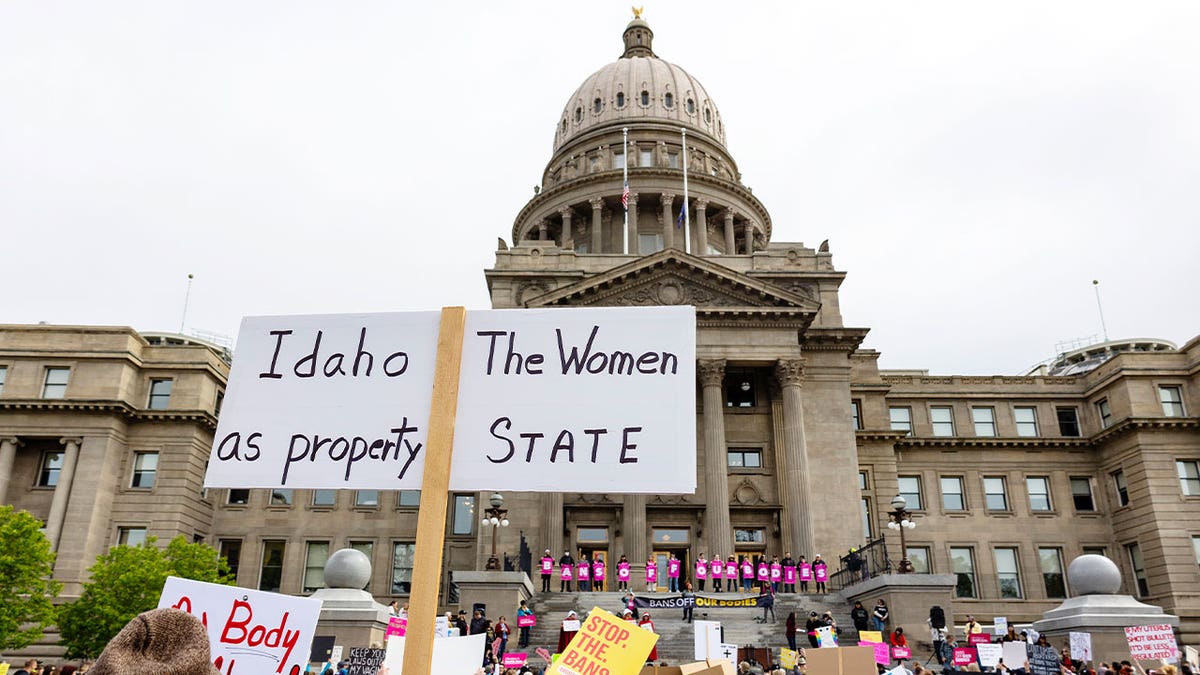
Demonstrators rally for abortion rights outside the Idaho Statehouse. (Sarah A. Miller/Idaho Statesman via AP, File)
One plaintiff, an attorney who works with survivors of abuse, highlights the law's ambiguity, making it difficult to determine what actions constitute a violation. The lawsuit points out the absurdity of potentially criminalizing driving a pregnant minor within Idaho, even for everyday activities.
Neighboring states Washington and Oregon offer legal abortion access, with varying parental consent requirements. Historically, some Idaho residents sought abortions in these states due to proximity. Since the overturning of Roe v. Wade, these states have experienced a substantial increase in abortion procedures.
The Idaho law seeks to circumvent constitutional travel rights by criminalizing only the portion of the journey within Idaho. However, it raises questions about interstate commerce and the obligation of states to respect each other's laws. The law's structure as an "affirmative defense" statute places the burden of proof on those accused of assisting minors, requiring them to demonstrate parental consent to avoid felony charges.
The plaintiffs, including an organization that assisted numerous Idaho residents, including minors, in accessing abortion care last year, now fear legal repercussions for continuing their work. They emphasize the vulnerability of minors who may be unable or afraid to involve their parents due to abuse, family dynamics, or fear of violence.
The lawsuit highlights the lack of public transportation options for minors seeking abortions, forcing them to rely on adults for transportation to out-of-state clinics. The plaintiffs seek a judicial declaration of the law's unconstitutionality and an injunction preventing its enforcement.

